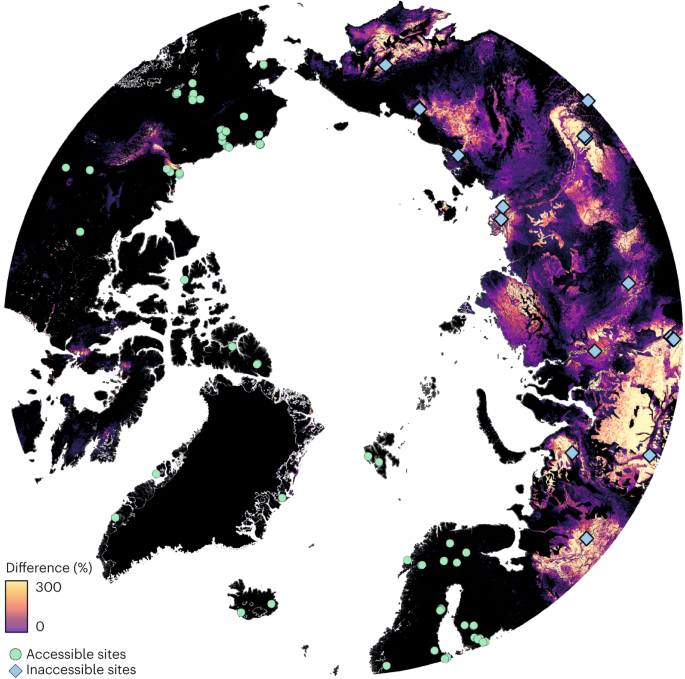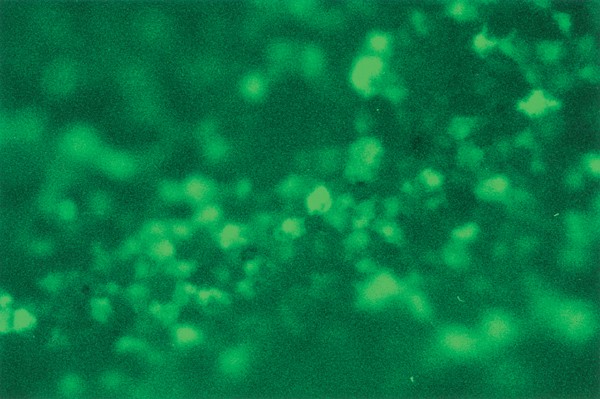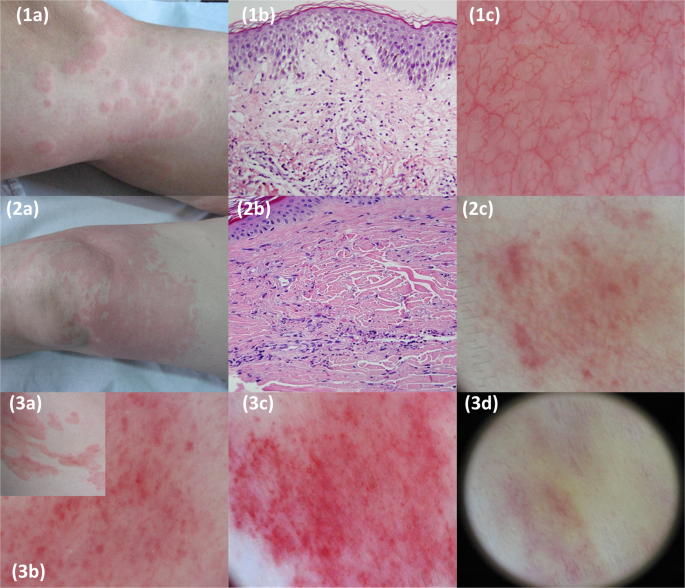
- Select a language for the TTS:
- UK English Female
- UK English Male
- US English Female
- US English Male
- Australian Female
- Australian Male
- Language selected: (auto detect) - EN
Play all audios:
Access through your institution Buy or subscribe While never overshadowing the dominant influence of human activities, additional greenhouse gas emissions from warming Arctic permafrost are
expected to accelerate future climate change by 10–20%1,2,3,4. The Russian Federation contains two-thirds of the northern permafrost area5,6 and the loss of access to permafrost carbon flux
sites and data due to the Russian invasion of Ukraine threatens scientists’ ability to detect this climate feedback. Scientists are working to improve the Arctic carbon flux network, by
increasing the number of sites and pushing the data processing and reporting towards real-time (annual) updates. Analogous to weather monitoring, real-time methane and carbon dioxide
measurements do not slow emissions, but instead provide knowledge about the speed and strength of the permafrost carbon feedback to climate change. By 2100, the Arctic is expected to release
permafrost carbon with the climate impact of a large, industrialized nation1, and that must be accounted for as nations around the world determine their own greenhouse gas emission levels
aimed at meeting specified temperature targets. This is a preview of subscription content, access via your institution ACCESS OPTIONS Access through your institution Access Nature and 54
other Nature Portfolio journals Get Nature+, our best-value online-access subscription $29.99 / 30 days cancel any time Learn more Subscribe to this journal Receive 12 print issues and
online access $209.00 per year only $17.42 per issue Learn more Buy this article * Purchase on SpringerLink * Instant access to full article PDF Buy now Prices may be subject to local taxes
which are calculated during checkout ADDITIONAL ACCESS OPTIONS: * Log in * Learn about institutional subscriptions * Read our FAQs * Contact customer support REFERENCES * Schuur, E. A. G. et
al. _Annu. Rev. Environ. Resour._ 47, 343–371 (2022). Article Google Scholar * Canadell, J. G. et al. in _Climate Change 2021: The Physical Science Basis_ (eds Masson-Delmotte, V. et al.)
Ch. 5 (IPCC, Cambridge Univ. Press, 2021). * Meredith, M. et al. in _Special Report on the Ocean and Cryosphere in a Changing Climate_ (eds Pörtner, H.-O. et al.) Ch. 3 (IPCC, Cambridge
Univ. Press, 2019). * McGuire, A. D. et al. _Proc. Natl Acad. Sci. USA_ 115, 3882–3887 (2018). Article Google Scholar * Tarnocai, C. et al. _Glob. Biogeochem. Cycles_ 23, GB2023 (2009).
Article Google Scholar * Hugelius, G. et al. _Biogeosciences_ 11, 6573–6593 (2014). Article Google Scholar * Pallandt, M. et al. _Biogeosciences_ 19, 559–583 (2022). Article CAS Google
Scholar Download references ACKNOWLEDGEMENTS This work was based on support provided by the following programmes: NSF PLR Arctic System Science Research Networking Activities (RNA)
Permafrost Carbon Network: Synthesizing Flux Observations for Benchmarking Model Projections of Permafrost Carbon Exchange (2019–2023) grant no. 1931333 (E.A.G.S.), the Minderoo Foundation
(E.A.G.S.); European Research Council (ERC) under the European Union’s Horizon 2020 research and innovation programme (grant agreement no. 951288, Q-Arctic) (M.P. and M.G.). AUTHOR
INFORMATION AUTHORS AND AFFILIATIONS * Center for Ecosystem Science and Society, Northern Arizona University, Flagstaff, AZ, USA Edward A. G. Schuur * Department of Biological Sciences,
Northern Arizona University, Flagstaff, AZ, USA Edward A. G. Schuur * Department of Biogeochemical Signals, Max Planck Institute for Biogeochemistry, Jena, Germany Martijn Pallandt &
Mathias Göckede Authors * Edward A. G. Schuur View author publications You can also search for this author inPubMed Google Scholar * Martijn Pallandt View author publications You can also
search for this author inPubMed Google Scholar * Mathias Göckede View author publications You can also search for this author inPubMed Google Scholar CONTRIBUTIONS All authors contributed
substantially to this work. Based on previous collaborative work by the author group, E.A.G.S. conceived the initial idea and wrote the draft, and M.P. and M.G. provided the analysis with
the figure, and contributed to the written text. CORRESPONDING AUTHOR Correspondence to Edward A. G. Schuur. ETHICS DECLARATIONS COMPETING INTERESTS The authors declare no competing
interests. RIGHTS AND PERMISSIONS Reprints and permissions ABOUT THIS ARTICLE CITE THIS ARTICLE Schuur, E.A.G., Pallandt, M. & Göckede, M. Russian collaboration loss risks permafrost
carbon emissions network. _Nat. Clim. Chang._ 14, 410–411 (2024). https://doi.org/10.1038/s41558-024-02001-6 Download citation * Published: 30 April 2024 * Issue Date: May 2024 * DOI:
https://doi.org/10.1038/s41558-024-02001-6 SHARE THIS ARTICLE Anyone you share the following link with will be able to read this content: Get shareable link Sorry, a shareable link is not
currently available for this article. Copy to clipboard Provided by the Springer Nature SharedIt content-sharing initiative





